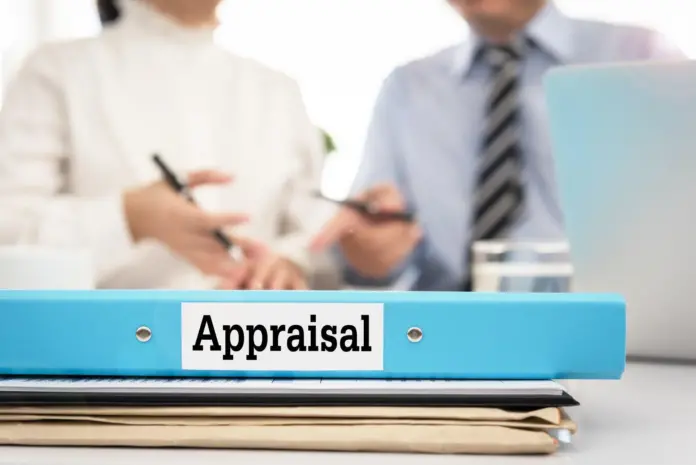This post is designed to shine a light on the often misunderstood world of expert assessments. How do they accurately determine a company’s worth? What key factors are considered?
If these questions have been buzzing in your mind, you’re in the right place. We’ll be unraveling the art and science behind this process, giving budding entrepreneurs and seasoned business owners alike, a clear roadmap. So, buckle up and join us as we delve into the world of business appraisers.
Financial Analysis
The foundation of valuation is financial analysis. This check looks into a business’s money situation. One way to do this is to look over the cash flow, income, and balance sheets.
Crucial numbers like net earnings, debt-to-equity ratios, and gross profit margins are checked. Over time, trends are looked at to see how stable they are and how much room there is for growth.
Discounted Cash Flow (DCF) Analysis
Discounted Cash Flow (DCF) Analysis is another core tool in a business appraiser’s toolkit. It gauges the value of an investment based on its future cash flows.
These projected cash flows are “discounted” back to the present value, hence the name. The discount rate used typically reflects the risk involved. High-risk investments generally have higher discount rates.
Market Comparables
Market Comparables are a crucial valuation technique. It involves comparing the company to similar businesses. Factors such as size, industry, and location are taken into account.
Publicly traded companies are often used as a reference. This method can offer realistic assessments of a business’s worth. However, finding truly comparable companies can be challenging.
Risk Assessment
Evaluating a business depends on how well it assesses risk. It looks at many things that might affect the value of a company. This includes operational risks, changes in the market, and new rules.
It also looks at the specific risks that a company faces, like the quality of its management and its position in the market. Not just the possible upside, but also the downside, needs to be understood.
Intellectual Property and Intangible Assets
Nowadays, businesses often put a lot of value on intellectual property and other “intangible assets.” They include trade secrets, copyrights, trademarks, and patents.
Even though these aren’t physical assets, they can often be very important to a company’s monetary success. Additionally, they can give you an edge over your competitors and improve the reputation of your brand.
For accurate valuation, these intangible assets must be evaluated. Appraisers of businesses look at how much money the assets could make in the future as a key factor.
Finding a Qualified Business Appraiser
To get fair and accurate business valuation essentials, it’s important to find a qualified business appraiser. These are some credentials to look for: Accredited Senior Appraiser (ASA), Certified Business Appraiser (CBA), or Accredited in Business Valuation (ABV). The precise appraisal insights provided by Business Valuations Phoenix can help you navigate the complexities of your business and the market, providing you with the knowledge you need to make informed strategic decisions.
Unveiling the Power of Business Appraisers in Mastering Valuation Insights
A business appraiser is very important for figuring out how much a business is worth. They know how to do financial analysis, use methods like DCF, and compare things in the market like pros.
In addition, they do thorough risk assessments and take into account the value of intellectual property and intangible assets. In the end, business appraisers’ knowledge and accuracy help people make smart strategic decisions that help companies reach their full potential.
Did you like this guide? Great! Browse our website for more!



